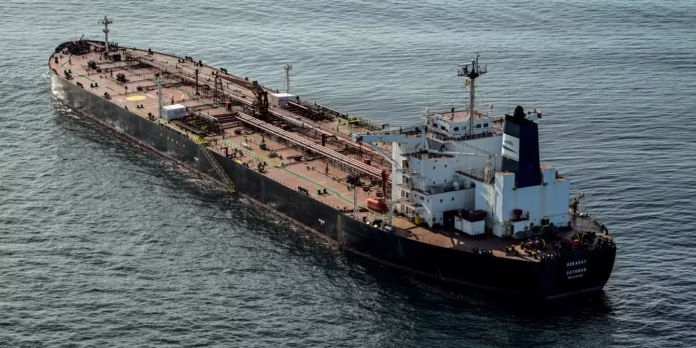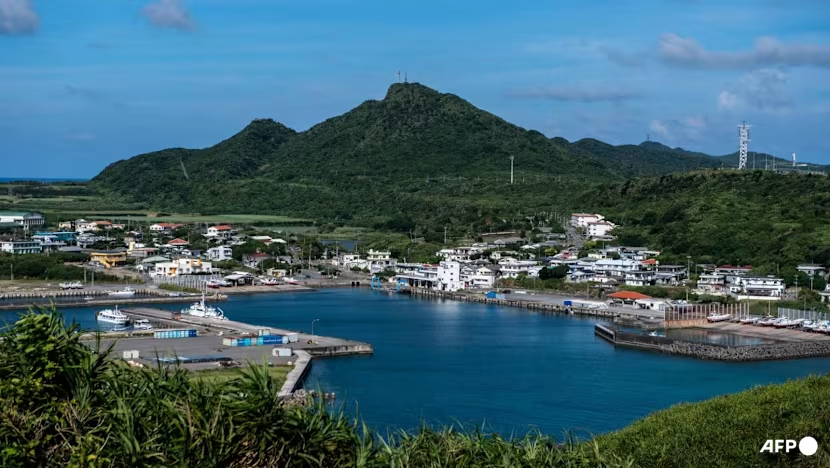On the front lines of the Baltic Sea, Western nations are confronting Russia’s “shadow fleet” – a growing armada of aging tankers used to evade oil sanctions. These vessels, often operating with obscure ownership and false or no flags, pose both an economic and environmental threat.
Swedish and Estonian authorities are tracking these ships, but their ability to intervene is limited. One such tanker, the Unity, exemplifies the issue: it has cycled through multiple names and flags, and was recently listed under landlocked Lesotho—a clearly false registration. After being sanctioned by the UK and EU, it continues to operate, most recently docking at a Russian oil port.
The problem is escalating. The number of de-flagged ships has more than doubled this year to over 450. Many are “floating rust buckets” with unknown owners, meaning if a major oil spill occurred, there would likely be no one to hold financially responsible. This shadow fleet, brazenly bypassing international rules, represents a dangerous and unchecked challenge to European security and maritime safety.
By James Kisoo



















